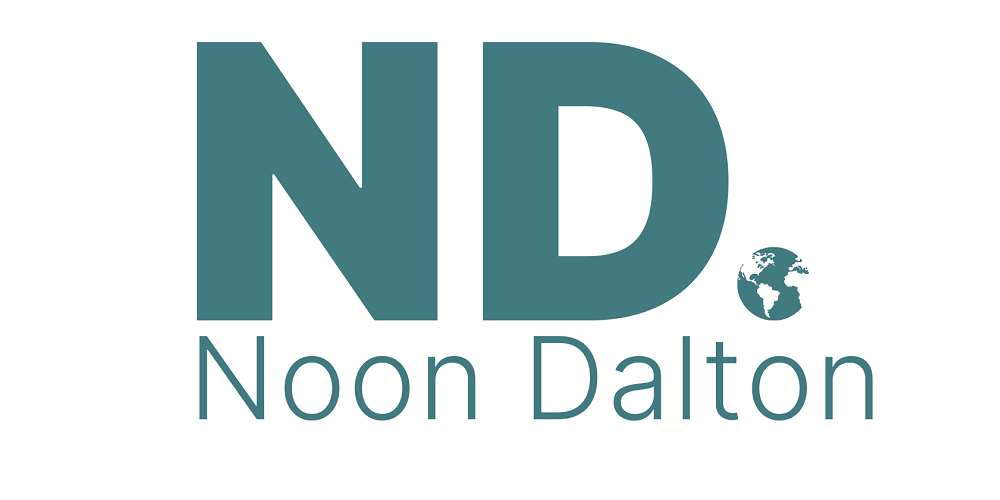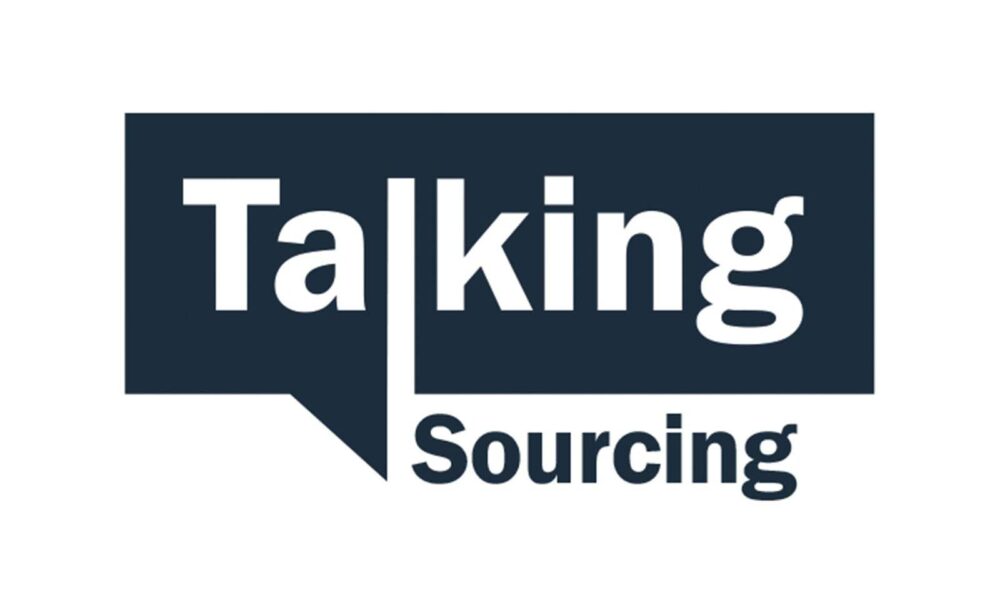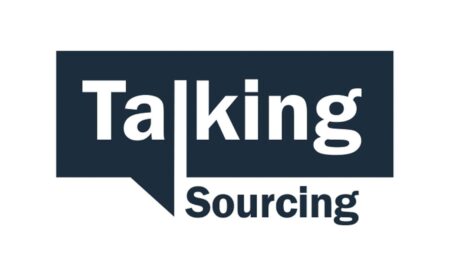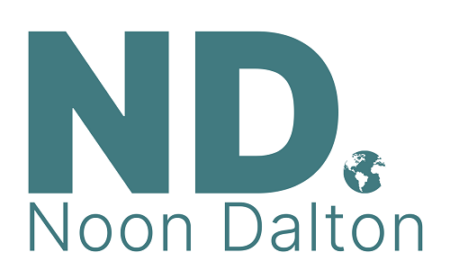Let’s face it, the way in which front-line support team members were sourced over the past two decades is changing. The agent profile that was seen as acceptable pre-pandemic will be abandoned as enterprises push their BPO partners to embrace more virtual delivery. Invariably, outsourcers will be forced to hire more agents that have higher degrees of education and technology skills. But, even for those that have in place recruitment processes for virtual teams, all outsourcers should be aware that demand for quality virtual agents is stronger than ever. The result will be pressure on the supply of this pool of talent.
There is no question that work-from-home CX is here to stay. And, while many providers new to remote working experienced minor hiccups at the outset of COVID19, the past year has proven that this mode of customer experience delivery works. In terms of productivity and outcomes, many enterprise CX leaders like the results that they have seen from virtual agents. The anticipation is that even in the post-vaccine period, there will be many virtual workers continuing on in mainstream customer management. While the proportion of agents working full-time from home is a hot topic, what needs to be analyzed is how this increase of home-based CX ambassadors can be supported across labor markets.
Consider that for years virtual-agent BPO providers have vaunted the benefits of their virtualized employees, relative to those found in bricks-and-mortar operations. Usually, these remote agents would have the advantage in work experience, post-secondary education, and would be more likely to own their own home. This profile all but guaranteed problem-solvers that were less likely to attrit. As a niche part of the CX marketplace, this model worked well, and those providers offering virtual agents had no shortage of suitable applicants.
But, as Martin Fry slyly observed, that was then and this is now.
When work-from-home was a niche solution, supplies of the sought-after agent profile were fluid (although, even prior to the pandemic there was anecdotal evidence that this pool was getting tighter). In a post-vaccine scenario where every outsourcer will need their own permanent home-working offering, the demand for the ideal virtual agent will almost certainly get more expensive. Even the most basic of economists knows that when demand increases, the cost to obtain supply invariably inflates. With more BPOs searching for educated and experienced homeowners to work remotely in a CX environment, the pressure on associated wages and benefits will be substantial. This is why outsourcers must start planning their virtual delivery recruitment strategies now.
Outsourcers that have been doing work-from-home have an immediate advantage in terms of established best-practices and recruitment networks to source the ideal agent profile. Those that are new to the game and that have been forced into home-working due to the pandemic are more likely to struggle. But, with more BPO and captive contact center operators seeking to draw from the same pool of talent, recruitment ingenuity will be crucial. In short, simply using the same methods as before will only consume the traditional home-agent pool faster.
Fortunately, there is hope.
With more of the workforce having migrated from offices to home over the past year, there is a greater awareness among many in this group of the benefits of virtual working. And, as employees seek out new employment opportunities or find themselves in redundancy situations, the potential of work-from-home CX delivery may be an attractive alternative. But the key to sourcing members of this talent pool is to determine where best to gain their attention from a job-search perspective. Outsourcers have to start plotting strategies now, in order to insulate against what could be an increasingly-expensive virtual CX labor market.












